- Home
- slideshows
- miscellaneous
- Is Italy the new Greece? These 6 charts explain why Italy is rattling markets
Is Italy the new Greece? These 6 charts explain why Italy is rattling markets
A high, and rising, budget deficit

Is Italy the new Greece?
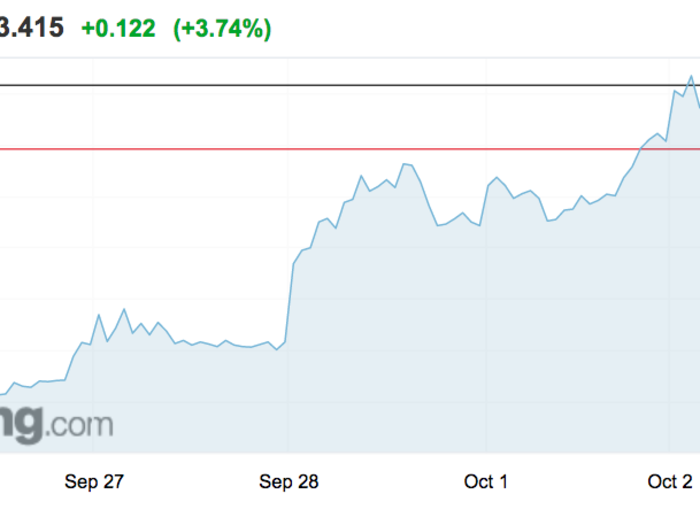
Perhaps the clearest indicator of the rising fear about Italy: the yield on the country's benchmark 10-year government bond.
Yields reflect the surety with which investors think they will get their money back, and tend to move in tandem with the stability of a country's economic and political situation. Government debt from big economies like the US and Japan usually have rock-bottom yields, under the assumption that they will never default.
Italian bond yields have jumped more than 20% in just over a week, rising to almost 3.5%, the highest level since 2014. On Tuesday, the spread between yields on the Italian 10-year bond and that of the Greek 10-year was the lowest since 2009, during the depths of the financial crisis. Greece is largely seen as the least secure economy in the eurozone, and the fact that this gap is now so narrow is a troubling indicator for Italy.
Compare those yields to Germany, the eurozone's largest and most powerful economy
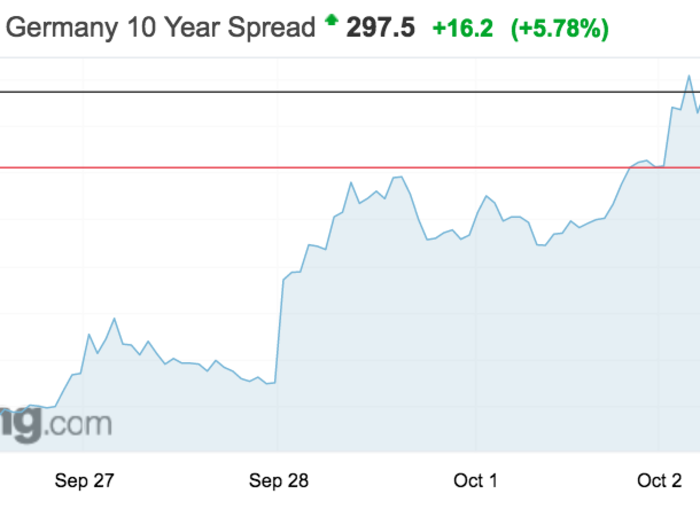
What's going on the Italian bond market is made even more clear when looking at a chart displaying the spread — the gap in yield — between Italy's 10-year bond and the 10-year German bund. On Tuesday, that gap climbed above 3%. Germany's 10-year trading at a roughly 0.4% yield.
Germany's government debt is widely seen as being one of the safest investment vehicles on the planet, thanks to the countries staunch commitment to running a budget surplus. Italy, on the other hand, is looking increasingly unsafe to investors, sending bond yields soaring.
Rising bond yields threaten to further increase Italy's already sky-high national debt pile
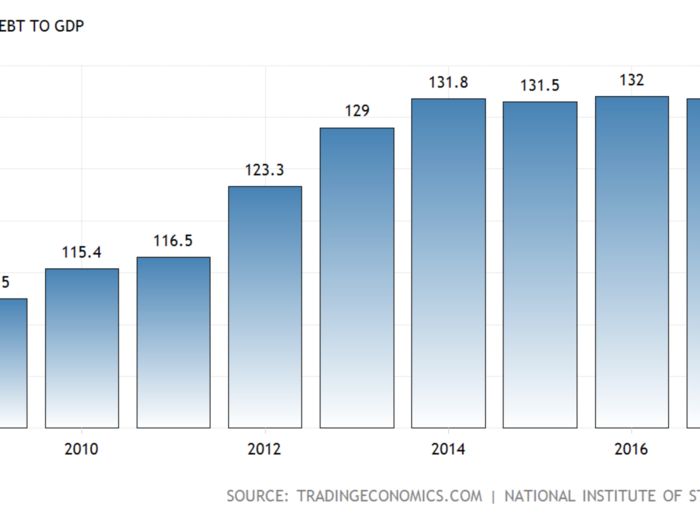
Who cares about rising yields, anyway? A high debt level is not in and of itself a problem, but it can become so if borrowing costs rise. Government debt as a percentage of GDP is also sky high in Italy, with only Lebanon, Greece, and Japan holding higher ratios of debt to GDP. This increases the amount it costs to service any debts, and can lead to major financing issues down the line.
The coalition government has said that it ultimately aims to lower Italy's debt ratio, but not for a little while, so don't discount a short-term increase in national debt.
All of this has investors in the euro worried
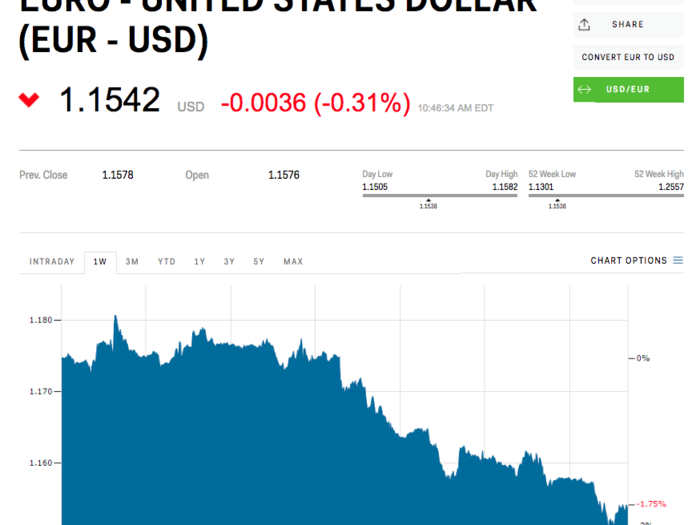
The euro is a handy proxy for political risk in European countries the use the currency—it generally falls when talk of political trouble arises. It fell around 2% against the dollar over the last week. Italy is crucial to the European project, so negative developments around its politics are rarely a good thing for the single currency.
There's an extra layer to the problem bugging investors, too— an apparent willingness among senior Italian politicians to pull it out of the euro completely. The government has backed off those comments, but the concerns are there.
If Italy managed to leave the euro it could spell serious trouble for the rest of the eurozone.
Perhaps the simplest way to imagine the eurozone is as a three-legged stool. Germany, France, and Italy are the legs holding up the rest of the project. Remove any one of those three pillars, and the stool falls over.
Investors in Italian banks are concerned. too
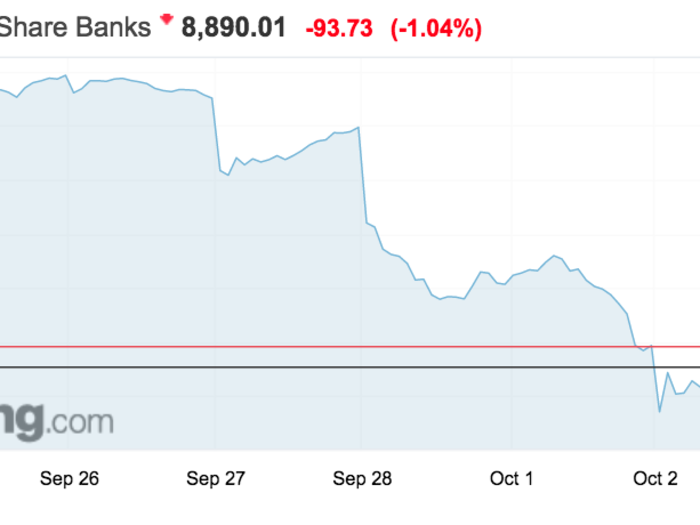
Alongside its sky high government debt, another issue that is a cause of worry around Italy's finances is its banking sector. After a full blown crisis almost emerged in 2016, Italy has managed to iron out some of the worst of the financial sector's problems.
But debt levels remain high, and most banks have a large proportion of toxic loans — that they don't expect customers will ultimately pay back — on their books. So whenever Italy's economy starts to look shaky, bank stocks tend to suffer.
"Despite improvements over the past few years, the banking sector is still too weak to withstand the impact of much higher bond yields for long," Capital Economics warned in a note on Wednesday.
That was in evidence on Friday when some individual Italian banking shares lost more than 10% of their value.
The chart above shows the Italian banking share index, which aggregates the performance of Italy's major lenders. It has dropped more than 11% since the start of last week.
Popular Right Now
Popular Keywords
Advertisement